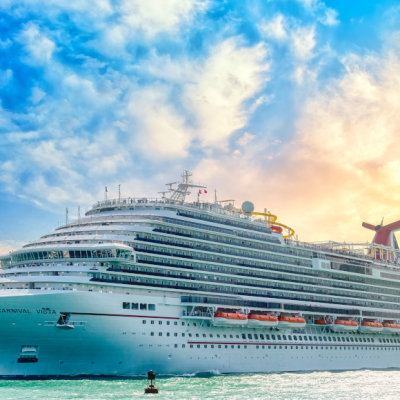A new study by the University of Basel has revealed that the majority of mercury in the oceans comes from gas exchange, rather than contaminated rain as previously thought. Biogeochemist Martin Jiskra discovered this by examining the sources of mercury using isotopes. The study, published in the journal Nature, found that only 42% of mercury in the Mediterranean and North Atlantic oceans comes from rain, with the remaining 58% coming from gas exchange. The researchers estimate that the input from rain and gas exchange is roughly equal globally. The study suggests that plants may absorb more mercury than previously thought, which could lead to the metal being deposited on land.
Since the beginning of the Industrial Revolution, human activities such as mining and coal-fired power plants have tripled the amount of mercury in the upper layers of the oceans, according to scientific estimates. Jiskra explained that a low input of mercury through rain means that the metal must be deposited elsewhere, and it is likely that plants absorb more mercury than previously thought. This could lead to the metal being deposited on land. The study suggests that reducing emissions could lead to a faster reduction in mercury in the atmosphere and oceans than previously thought.
The study’s authors suggest that the discrepancy between their findings and previous assumptions is due to the difficulty of quantifying the input of mercury through rain, as there are no collection stations for precipitation over the ocean. The study highlights the importance of gas exchange in the air-water interface as a source of mercury in the oceans. The findings could have implications for efforts to reduce mercury pollution, as they suggest that reducing emissions could lead to a faster reduction in mercury in the atmosphere and oceans than previously thought.










